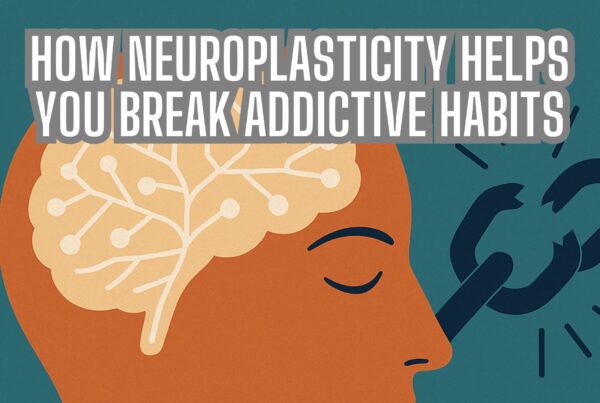How to Change Your Habits: Tips from a Clinical Hypnotherapist
How To Change Your Habits
Whether we like it or not, habits are an essential part of our day. Some habits help us and make life easier while other habits can hold us back and are practically self-harm. When we know a habit no longer serves us, the obvious question is how do you change your habits?
What is a Habit?
Habits are part of our daily routine. From brushing our teeth in the morning to checking our phone before going to bed, we all have habits. They are automatic behaviours that we repeat regularly without even thinking about them. In fact, according to Charles Duhigg, author of “The Power of Habit,” habits make up 40% of our daily actions.
Why Do We Have Habits?
We have habits because they serve a purpose. They save our brain energy by allowing us to perform routine tasks without using conscious thought. However, not all habits are good for us. Some habits, like smoking or overeating, can be harmful to our health and well-being.
How to Change Your Habits
If you want to change your habits, the first step is to identify the habit you want to change. Be specific and clear about what you want to achieve. For example, instead of saying “I want to exercise more,” say “I want to go for a 30-minute walk every day.”
Once you have identified the habit you want to change, the next step is to understand the cue, routine and reward cycle that drives your habit. According to Charles Duhigg, every habit has three components: the cue, the routine, and the reward. The cue is the trigger that starts the habit, the routine is the behaviour itself, and the reward is the outcome that reinforces the habit.
For example, let’s say you have a habit of eating a cookie every afternoon. The cue could be stress or boredom, the routine is eating the cookie, and the reward is the temporary feeling of pleasure. To change this habit, you need to identify the cue and replace the routine with a healthier alternative, such as going for a walk or drinking a glass of water. The reward could be the same feeling of pleasure, but this time it’s from doing something that’s good for you.
The Power of Mindfulness
Mindfulness is a powerful tool that can help you change your habits. By becoming more aware of your thoughts, feelings and behaviours, you can identify the triggers that drive your habits and make conscious choices about how to respond to them.
One of the simplest mindfulness exercises is to focus on your breath. Take a few deep breaths and notice how your body feels. Whenever you feel distracted, gently bring your attention back to your breath. This exercise can help you become more present and aware of your thoughts and feelings, which can make it easier to change your habits.
The Importance of Belief
Belief is a key factor in changing your habits. If you don’t believe that you can change, you’re less likely to take action. On the other hand, if you believe that you can change, you’re more likely to take the necessary steps to make it happen.
One way to strengthen your belief is to focus on your successes. Whenever you make progress towards your goal, acknowledge it and celebrate it. This will help you build momentum and keep moving forward.
The Role of Hypnosis
Hypnosis can be a powerful tool to help you change your habits. By accessing your subconscious mind, hypnosis can help you identify the root causes of your habits and replace them with healthier alternatives.
During a hypnosis session, you’ll be guided into a relaxed state where your subconscious mind is more open to suggestion. Your hypnotherapist will use positive affirmations and visualisations to help you reprogram your subconscious mind and create new habits that support your goals.
The Importance of Consistency
Changing your habits takes time and effort. It’s important to be consistent with your efforts and to stay committed to your goals.
To stay consistent, you can create a plan and set small achievable goals. For example, if your goal is to exercise more, start with a small amount of time each day, such as 10 minutes, and gradually increase it over time. Celebrate each small victory along the way to keep yourself motivated.
It’s also important to remember that changing your habits is a process. You may experience setbacks along the way, but don’t let them discourage you. Instead, use them as an opportunity to learn and grow.
Changing Your Habits is Possible With The Right Mindset and Tools
By understanding the cue, routine, and reward cycle that drives your habits, practicing mindfulness, strengthening your belief, using hypnosis, and staying consistent, you can create new habits that support your health and well-being. Remember to be patient and kind to yourself, and celebrate each small step along the way to achieving your goals.
Book Your FREE 30 Minute Consultation With Release Hypnosis NOW!
You may also like to read:
How To Stop The Negative Thoughts From Taking Control
The Mindfulness Toolkit
The Importance of Acceptance To Mental Health
Unlock The Power Of Your Mind With a Hypnosis Audio Recording








